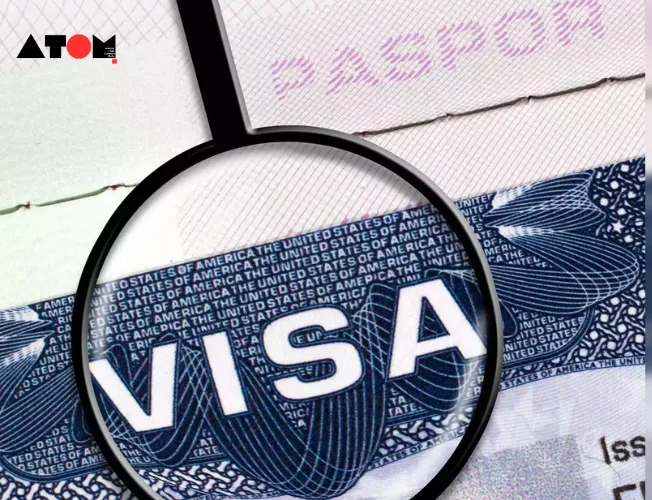The latest modifications to the United States government’s visa policies, specifically the International Entrepreneur Rule (IER), have elicited conflicting reactions from both immigration specialists and Indian entrepreneurs launching their businesses. With the IER, foreign entrepreneurs can remain in the United States for a maximum of five years provided their enterprises are judged beneficial to the public, with the goal of promoting innovation and job development. While some perceive possible advantages, others draw attention to important obstacles.
Positive Reactions from Indian Startup Founders
The majority of Indian startup entrepreneurs are upbeat about the new regulation. Many business owners, particularly those in the technology industry, see this as a chance to launch and expand their companies in the United States. It’s a nice rule, the IER. According to Eriahna Kumar, the CEO and founder of Simplibarn, it allows Indian entrepreneurs, who are currently constrained due to the lack of supportive long-term visa rules, to set up shop in the U.S.” The restriction is especially helpful for startups that find it difficult to draw in American investors unless they are domestically incorporated.
Immigration Experts Highlight Challenges
Despite the optimism, immigration experts warn of the program’s practical difficulties. Poorvi Chothari, managing partner at Lawqaesi, pointed out that the IER has not seen many takers so far due to its stringent eligibility criteria. Though it sounds attractive in principle, it’s very difficult to become eligible for the program in practice, she said. The IER requires startup entities to demonstrate substantial potential for rapid growth and job creation by securing at least $264,147 in qualified investments or $100,000 in qualified government awards or grants. Additionally, the entrepreneur’s stay can only be extended based on meeting further benchmarks in funding and job creation.
Long-Term Security Concerns
Another major problem is that there is no path to permanent residency—the program only offers temporary parole for a maximum of five years, which can be a major deterrent. The IER requires startup entities to demonstrate substantial potential for rapid growth and job creation by securing at least $264,147 in qualified investments or $100,000 in qualified government awards or grants.Additionally, entrepreneurs are limited to working for their startup, which narrows their options if the business fails.
Read more: Marketing News, Advertising News, PR and Finance News, Digital News





